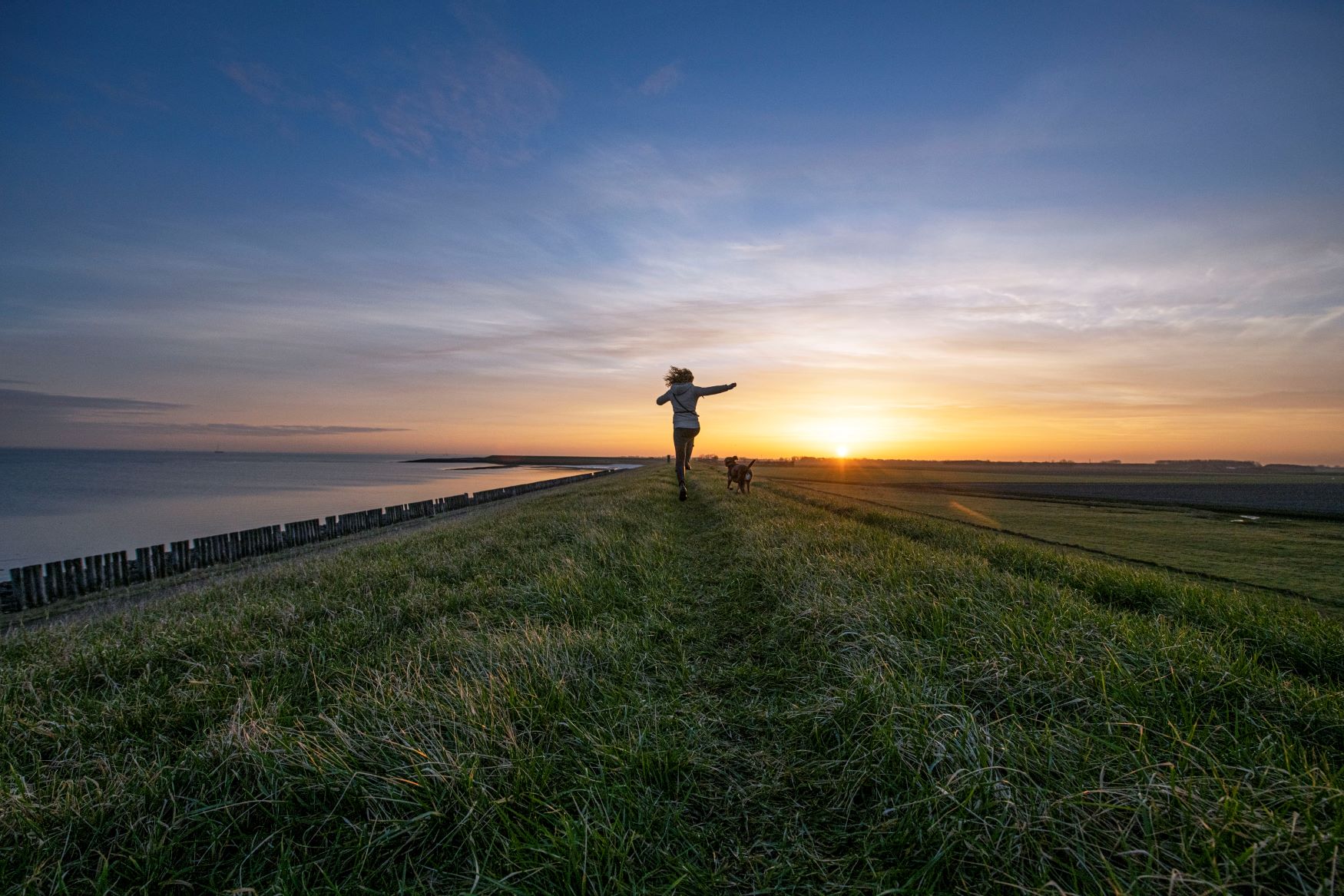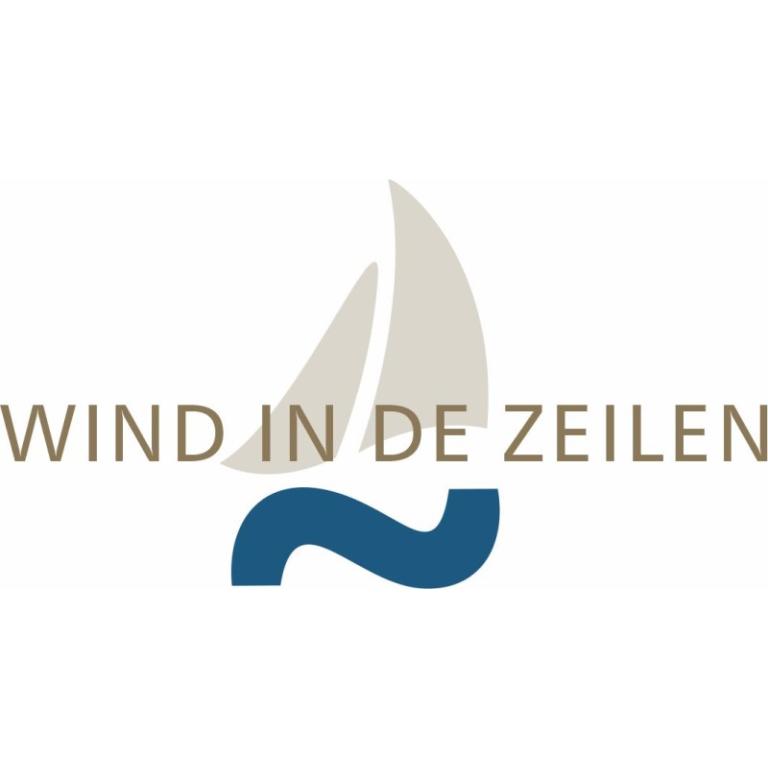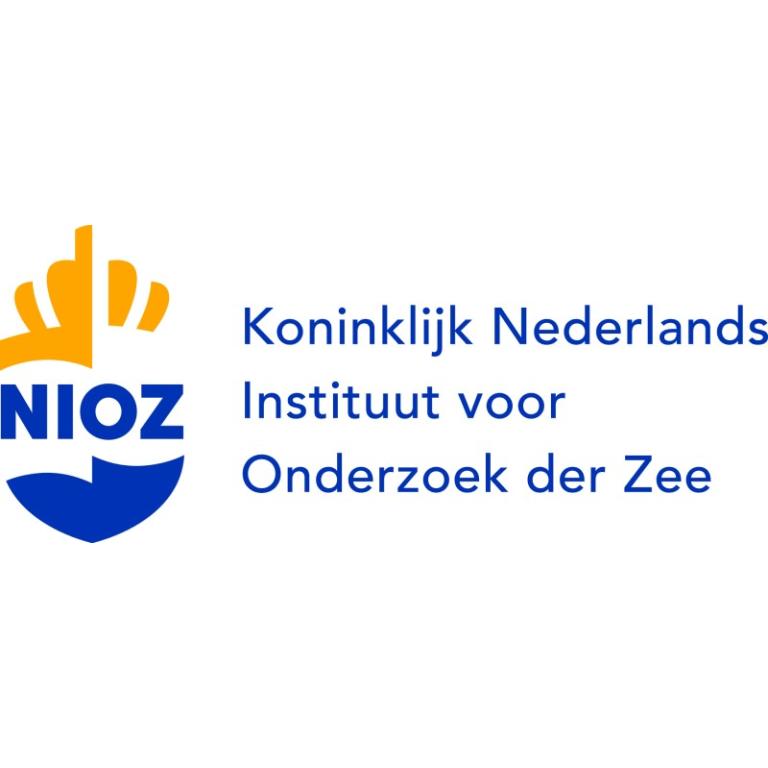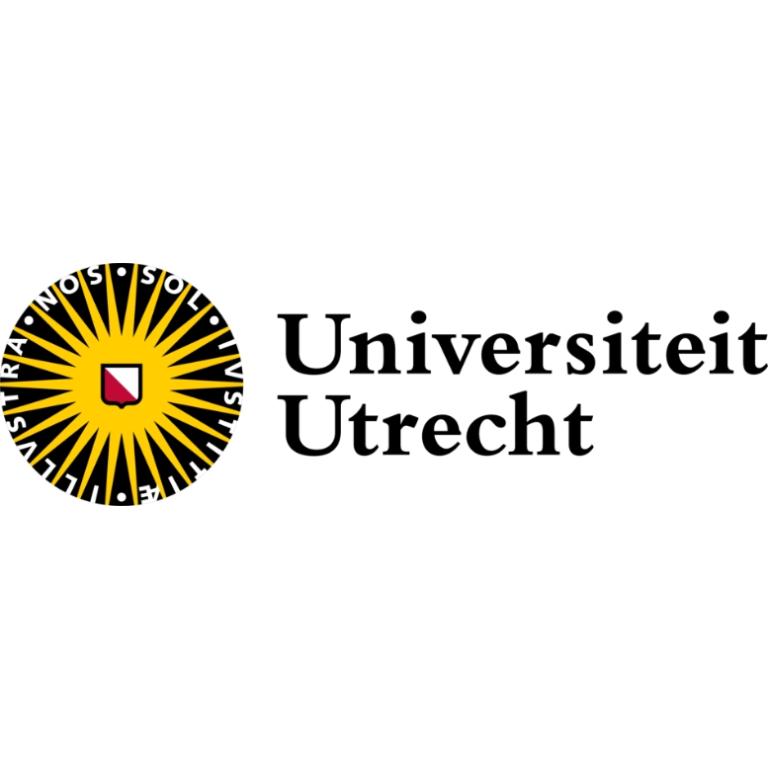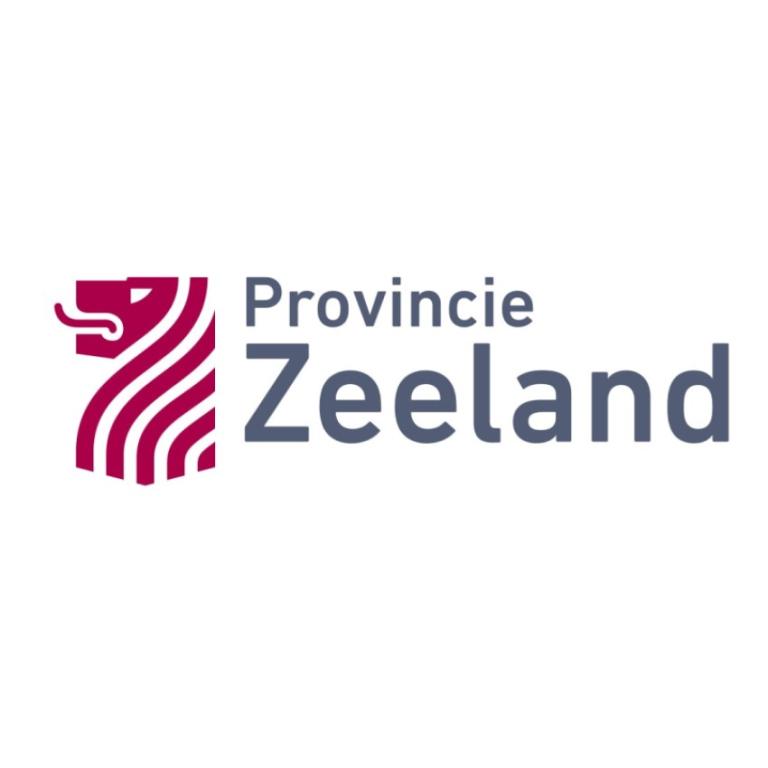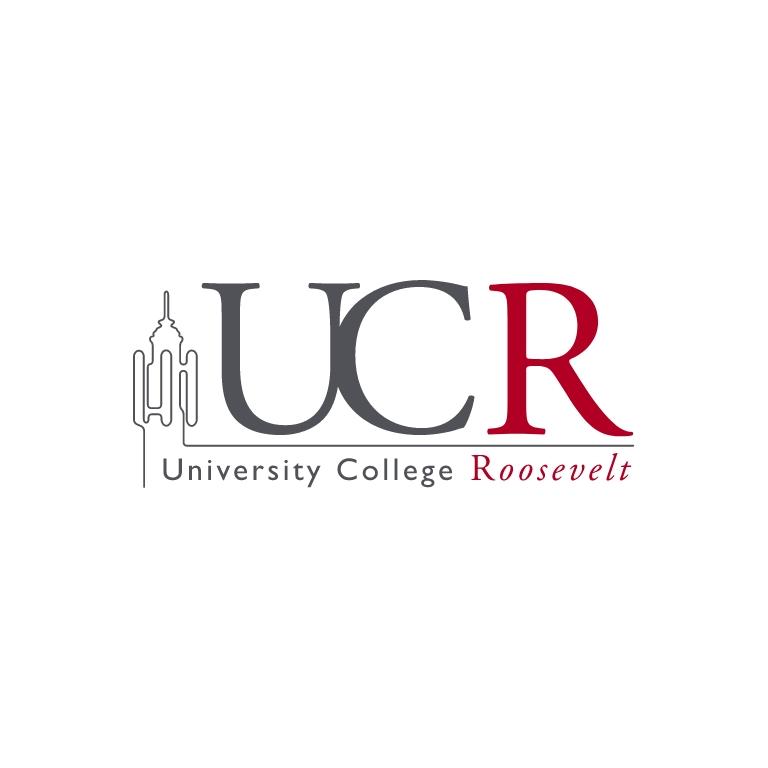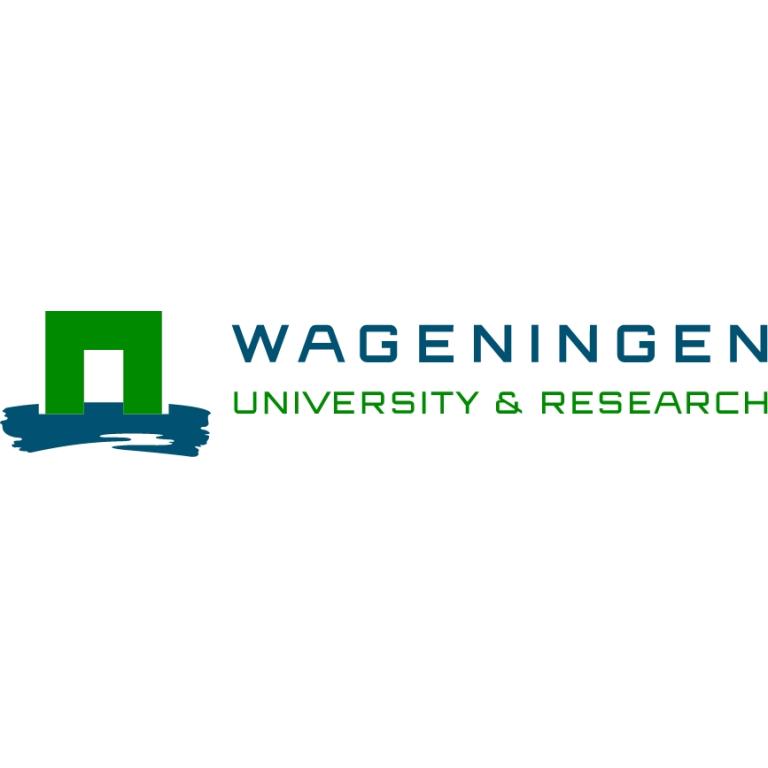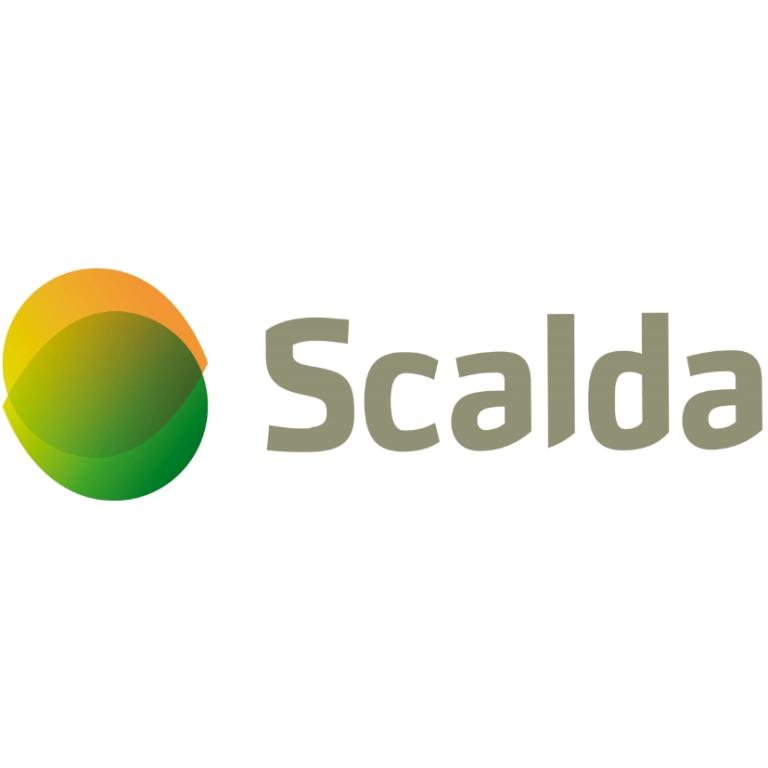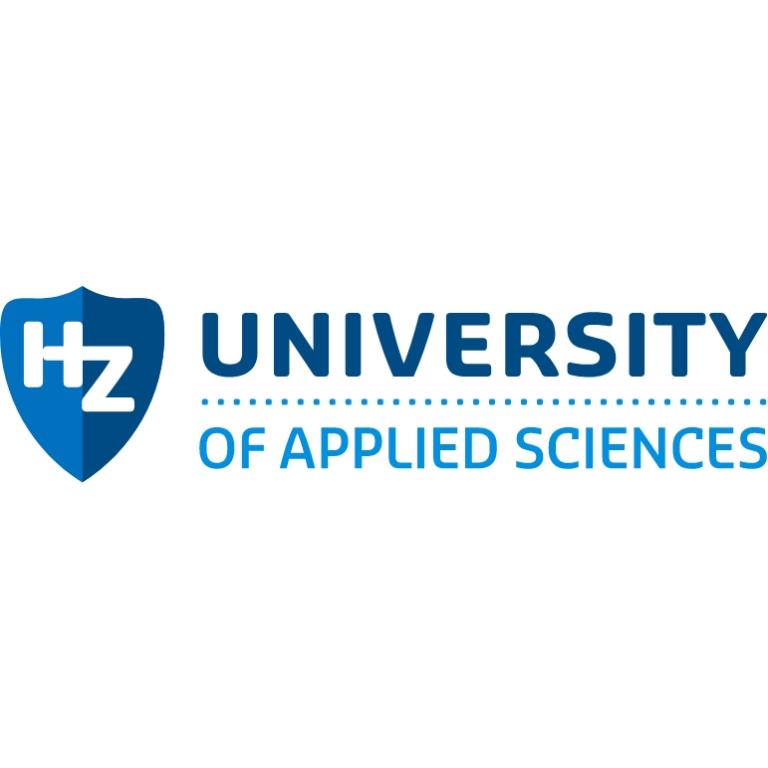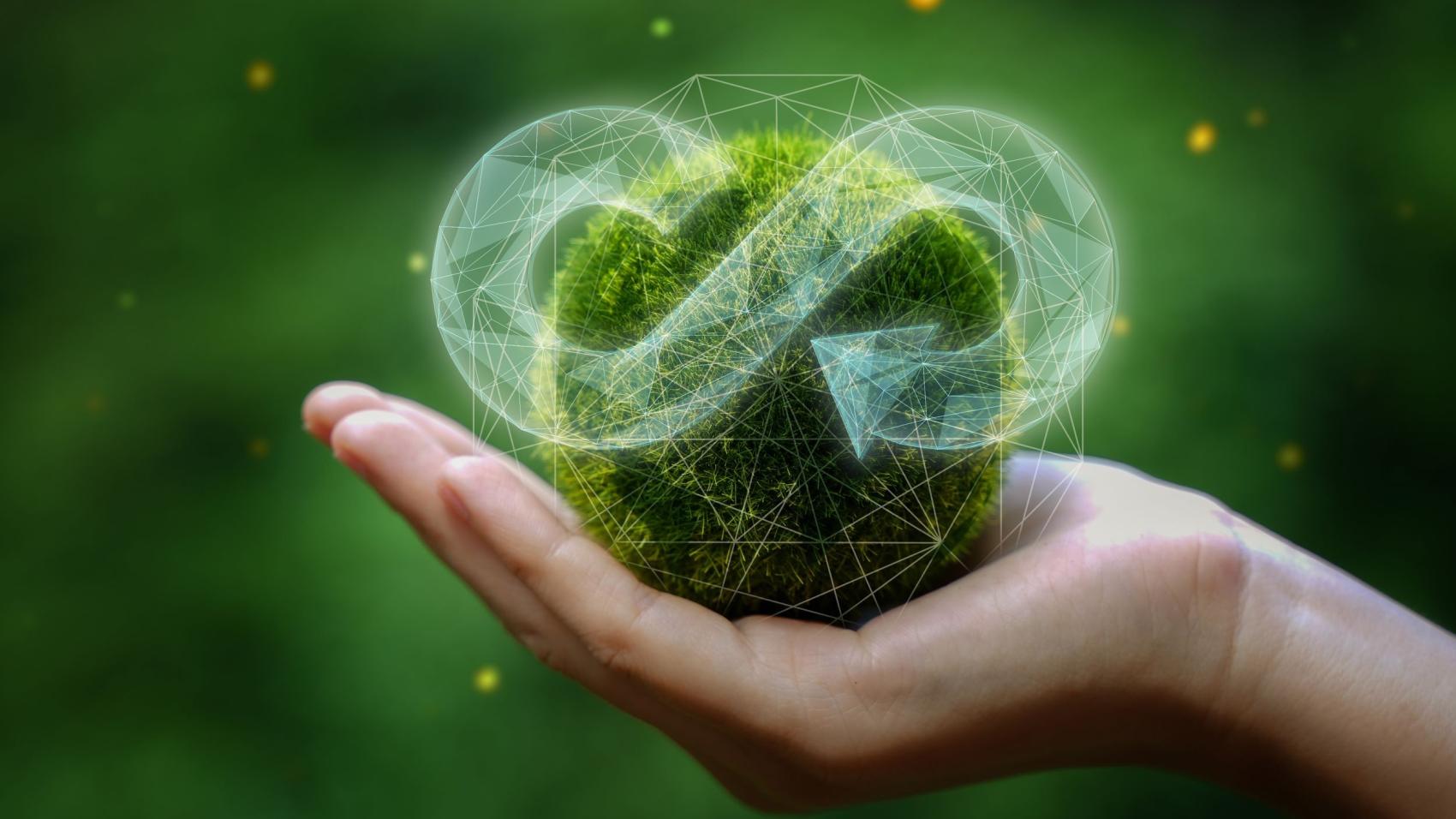

ProceZ
For future-proof, circular, biobased production chains in Zeeland.
ProceZ
Poor management of solid and aquatic waste streams results in loss of resources and pollution, while a circular approach (including valorisation and reuse of waste) creates opportunities for new processes and products.
Companies can become more self-sufficient by closing cycles with a positive effect on the living environment. ProceZ wants to contribute to the circularity of water, nutrients and the reuse and valorisation of organic waste in Zeeland. Within the project, a system analysis of flows is being carried out to determine how resource loss can be prevented and how these resources can be better utilised for society.
Following consultations with stakeholders, a practical section on biobased materials and the prevention of food waste has been included in the project. The project also investigates the legal framework for waste management and repurposing, as this is a crucial aspect in achieving impact.
Read an interview with project leader Renata van der Weijden below.
ProceZ icon project: Seizing circular opportunities in the Zeeland delta
Working together towards a circular delta and biobased economy
‘It's complex, but you just have to get started.’ In other words, Renata van der Weijden knows exactly what she has taken on with the DCC icon project Propelling Circular Economy in Zeeland. ‘Our focus is on the circularity of various waste streams (including in the food chain), the reuse of wastewater and nutrients, and the development and use of biobased building materials.’
The goal is clear: to work with relevant stakeholders to make an impact and show what's possible. Van der Weijden also sees an important role for education: ‘We want to firmly embed the principles of the circular and biobased economy in the curriculum. Students from Scalda, HZ University of Applied Sciences and University College Roosevelt will be actively involved through internships, training, research and entrepreneurship, so that they will not only bring knowledge to the table, but also actively contribute to the transition.’
Van der Weijden is a researcher at the Biorecovery Group of Environmental Technology at Wageningen University & Research and has been a lecturer at UCR for more than twenty years.
The Propelling Circular Economy in Zeeland project officially started on 10 March 2025. The next meeting is scheduled for the autumn. ‘Together with stakeholders from the business community, government and agriculture, among others, we are exploring how we can work towards a circular economy in concrete terms. This requires, among other things, a more careful and responsible use of raw materials, with reuse organised in such a way that both CO? emissions and water consumption do not increase,’ says Van der Weijden.
The first potential obstacles are now becoming apparent and are strikingly often of a legal nature. "Are you allowed to make products from waste? Or, more specifically, can you grow biobased crops on contaminated soil? And is it permitted to use industrial waste water on agricultural land? These questions touch on regulations that are still far from always being in line with circular ambitions. That is why a legal working group has been set up at Utrecht University, which focuses on identifying and resolving these kinds of bottlenecks at an early stage."
Regional connections and cross-border cooperation
Van der Weijden points out that the ProceZ icon project is closely linked to the two other DCC icon projects. ‘Nutrients that are not utilised flow from the land into the water. Within ProceZ, we focus on research into the nutrient cycle, both on land and in the water. This creates a clear substantive connection with the Delta Protein icon project, which focuses on proteins from marine sources, among other things.’
There is also a logical connection with the Flexible Deltas icon project, which focuses on flood-defence landscapes. ‘The way in which the landscape is designed directly influences what can grow on that land. That is obviously also important for our research.’
In addition to collaboration within the Zeeland delta, Van der Weijden is explicitly looking beyond the border. ‘The delta does not stop at the national border. Collaboration with Flanders is important. For this reason, we are working with Ghent University, among others. Governance also plays a role here, of course: international collaboration requires clear agreements and well-coordinated structures.’
Knowledge development in practice
Van der Weijden indicates that research into a circular economy is based on three important parameters. These are: the efficient use of raw materials, the ecological impact and the economic and legal feasibility of circular applications. In order to translate these abstract principles into concrete research activities, three PhD programmes have now been launched. ‘A first PhD candidate is analysing the nutrient flow in Zeeland, in close collaboration with Flanders. This involves not only mapping how nutrients move through the system, but also identifying possible interventions and their consequences.’
Another student is focusing on the ecological added value of oyster reefs, with specific attention to their ability to remove nitrogen from the water through natural filtration. ‘Oyster reefs function as living filters and can contribute to the restoration of water quality in the long term,’ explains Van der Weijden. Finally, a third PhD programme is in the pipeline, which will focus on the legal dimension: ‘There is a great need for clarity about the laws and regulations surrounding circular applications. This research focuses on identifying legal barriers and formulating solutions to better connect policy and practice.’
